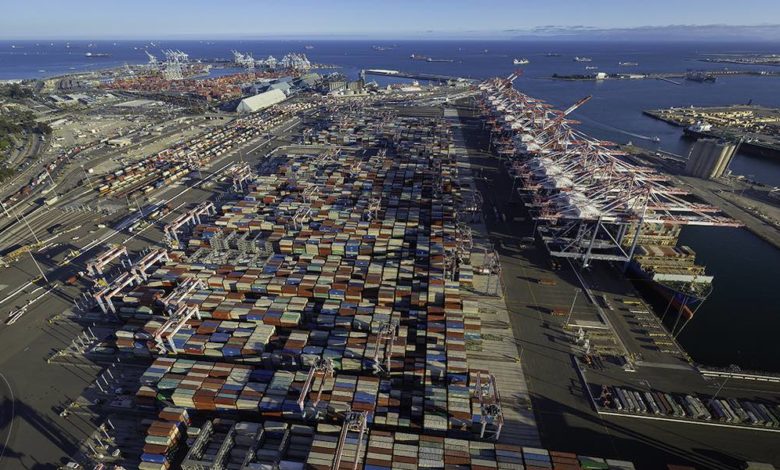Competition authorities fail to see the high levels of concentration among liners: Global Shippers Forum

Current measures of competitiveness in the global liner shipping market are incomplete and therefore inaccurate and fail to take full account of the degree of co-operation between carriers which results in a more highly concentrated industry, claims a new report prepared by maritime economists at MDS Transmodal (MDST) in collaboration with the Global Shippers Forum (GSF).
The rhetoric against record profit-making liners shows little sign of easing, even as the first signs of the freight rate bonanza cooling off filter through. After the US recently introduced federal legislation to have greater oversight on liner activities, calls are growing for other jurisdictions, notably the UK, to follow suit.
The GSF has urged the Federal Maritime Commission (FMC) in Washington DC and all other competition authorities to relook at the level of concentration across many trades, arguing that many of the most used data sets do not give a complete picture of the close cooperation between carriers and alliances.
“This breakthrough analysis lays bare the degree of dominance that many shipping lines actually have in the key global trades,” commented GSF’s director James Hookham. “Current measures of market concentration are only seeing part of the picture. Not only are there consortia operations within the three main alliances, the number of separate consortia that exist consisting of lines from different alliances is also significant.”
The report also argues that the lack of competition has contributed to the dire schedule reliability of all liners over the past two years as well as the shunning of less profitable regions with the number of port calls skipped continuing to grow.
Meanwhile, a new campaign to raise awareness of high shipping costs in the UK has been launched by Nick Glynne, the CEO of Buy It Direct Group, who is determined to get local politicians to take action. Buy It Direct is one of the UK’s largest online retailers.
According to Glynne, the price hikes in ocean shipping have resulted in £29bn ($35.4bn) being sucked out of the UK economy in 2021 alone and into the coffers of the shipping lines. This is equivalent to four pence on the UK value added tax (VAT) rate.
“In the US the shipping industry is regulated as it is considered an essential element of the US economy. Due to the obscene level of profiteering by the lines and the suspicion of cartel-like behaviour between the three global alliances during and after covid, president Joe Biden has just introduced new laws tightening regulation. It’s time for the UK to do the same,” Glynne said.
Investigations by the US, the EU and others have repeatedly dismissed cartel claims over the past two years of extreme profit making for global container lines, but shippers continue to fight their case – most recently a gourmet food producer from Illinois suing Asian carriers Yang Ming and HMM over collusion claims.
Shipper complaints come at a time where freight prices, while still four or five times their historical average, are now falling with many analysts suggesting the peak has passed.
“Shippers on the major trades are seeing spot rates and premium surcharges fall in many trades. Getting capacity allocations is becoming easier, and carriers are starting to adjust to no longer being all-mighty,” a new report from freight rate benchmarking platform Xeneta suggests.

In the dim and distant past there were shipping conferences which “regulated” activities particularly pricing. These were done away with ion the altar of market freedoms. Result. Shipping lines act as full blooded commercial entities seeking to maximise their profitability. Key shippers got used to low rates largely at the expense of lines’ profitability for decades. The shock of covid and other geo-political events has shaken things up. and the lines have maximised their position. Wailing from shippers was an entirely predictable outcome. None of this is new. The real culprit in all of this is the end consumer who seems to want a never ending supply of cheap products made in the Far East delivered immediately. Perhaps consumer expectations need to be eased down a lot.